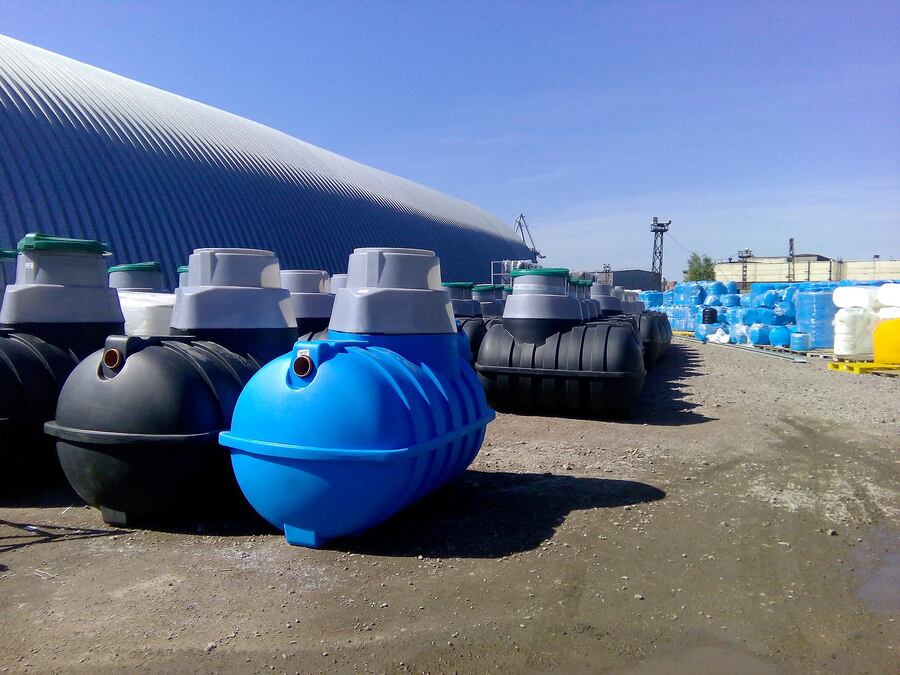Free Septic System Inspection ($99 Value) Free enzyme treatment, Financing Available
Request Service Now!
407-565-7044Free Septic System Inspection ($99 Value) Free enzyme treatment, Financing Available
Request Service Now!
407-565-7044
Choosing the right septic tank size is crucial for an adequately functioning home waste management system. If you select a tank that is too small, you might face frequent septic tank pumping and potential overflows. On the other hand, a tank that is too large may lead to unnecessary expenses. This guide by Septic Blue of Orlando will help you understand the factors to consider and how to choose the best septic tank installation for your home.
A septic tank is an underground chamber where wastewater from your home flows for treatment. It's a vital part of a septic system, including a drain or leach field. The tank holds solid waste, allowing liquids to flow and absorb into the soil.
Your household size is a primary factor in determining the right septic tank size. More people mean more water usage and waste production. Here's a general guideline:
Consider your water usage habits and the number of people in your home. You might need a larger tank if your household uses a lot of water (e.g., frequent laundry, long showers, running dishwasher). Discussing your water usage with a septic company is essential to get the best advice.
The soil type in your area affects how well the drain field will absorb and filter wastewater. Soil with good drainage, like sandy soil, might allow for a smaller tank. Conversely, clay or rocky soil may necessitate a larger tank or a more advanced septic system.
Proper septic tank installation is critical. Hiring a professional ensures that the tank is placed correctly and functions efficiently. A septic company will evaluate your property, household size, and local regulations to recommend the right tank size and installation method.
Regular maintenance is necessary to keep your septic system working well. Over time, solids build up in the tank and must be removed through septic tank pumping. Neglecting this can lead to backups and expensive repairs. A professional can also inspect for septic tank repair, ensuring your system remains in good condition.
Local building codes and regulations can influence the septic tank size you need. Some areas have minimum size requirements or specific rules about the distance between the tank and the house, water sources, or property lines. To comply with all regulations, you must check with your local health department or a septic company.
If you experience frequent problems with your septic system, it might be a sign that your tank is too small. Common issues include:
Choosing the right septic tank size offers several benefits:
To keep your septic system running smoothly, follow these tips:
Choosing the right septic tank size is essential for the longevity and efficiency of your septic system. Consider your household size, water usage, soil type, and local regulations. Always seek professional advice from Septic Blue of Orlando for installation, maintenance, and septic tank repair. By taking these steps, you can ensure a healthy and hassle-free septic system for years.
Yard care is a crucial aspect of property ownership. However, your outdoor spaces are not just for shade trees, flowers, and curb appeal. Your septic system is…
When homeowners think about vital systems that keep their houses running, septic systems rarely make the list. Although the HVAC system, plumbing fixtures, and a sturdy roof…
As a homeowner, you may wonder whether it is safe to drive or park over your drain field. This is particularly true if you plan to host…
Do you know what happens to the wastewater once you open the plug in your kitchen sink or flush the toilet? If you live off the main…